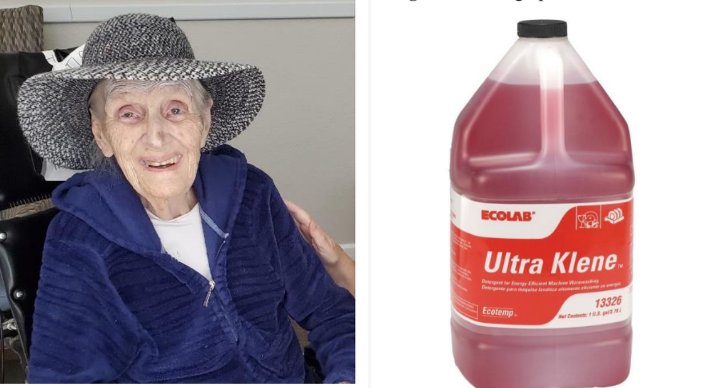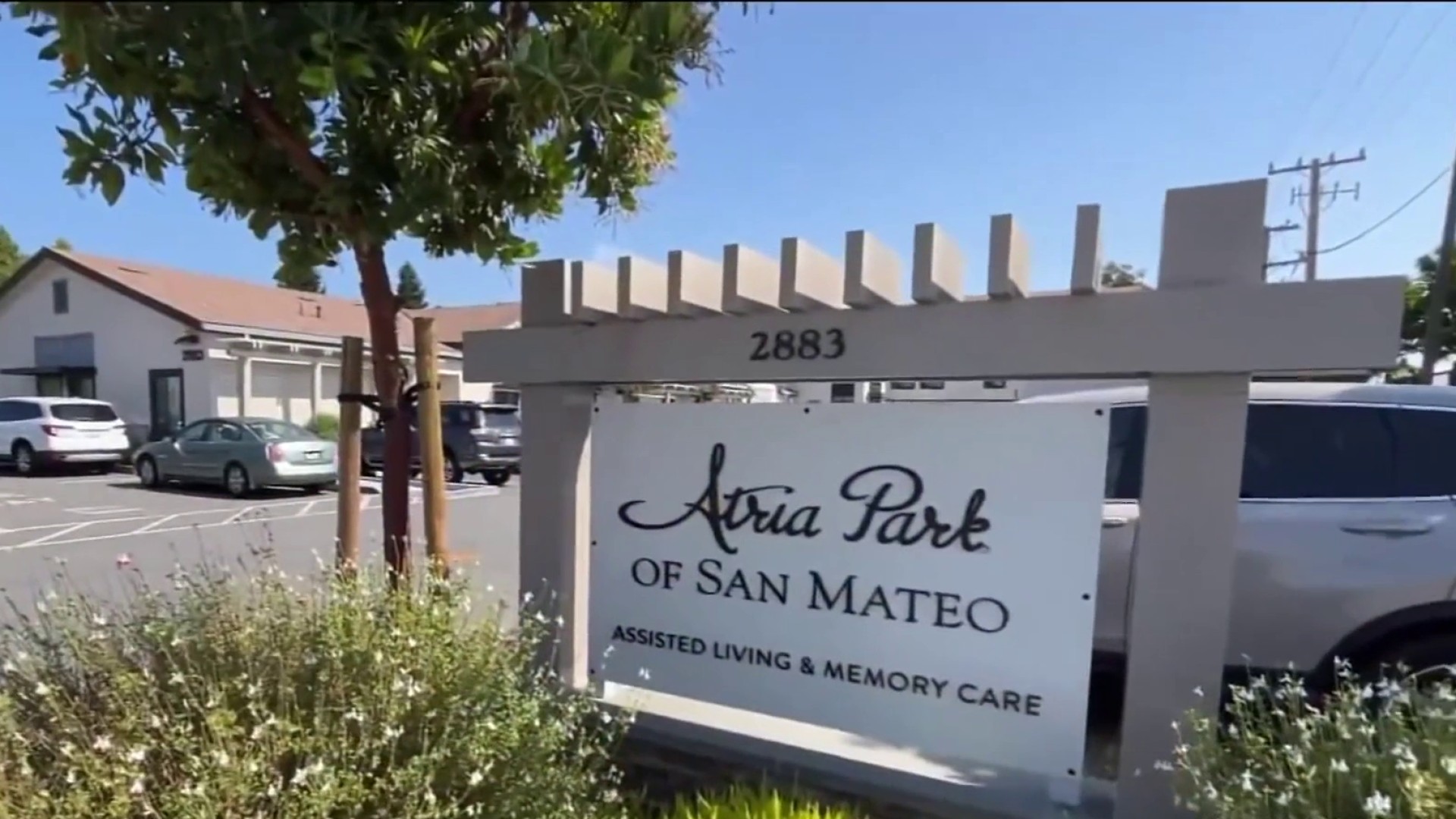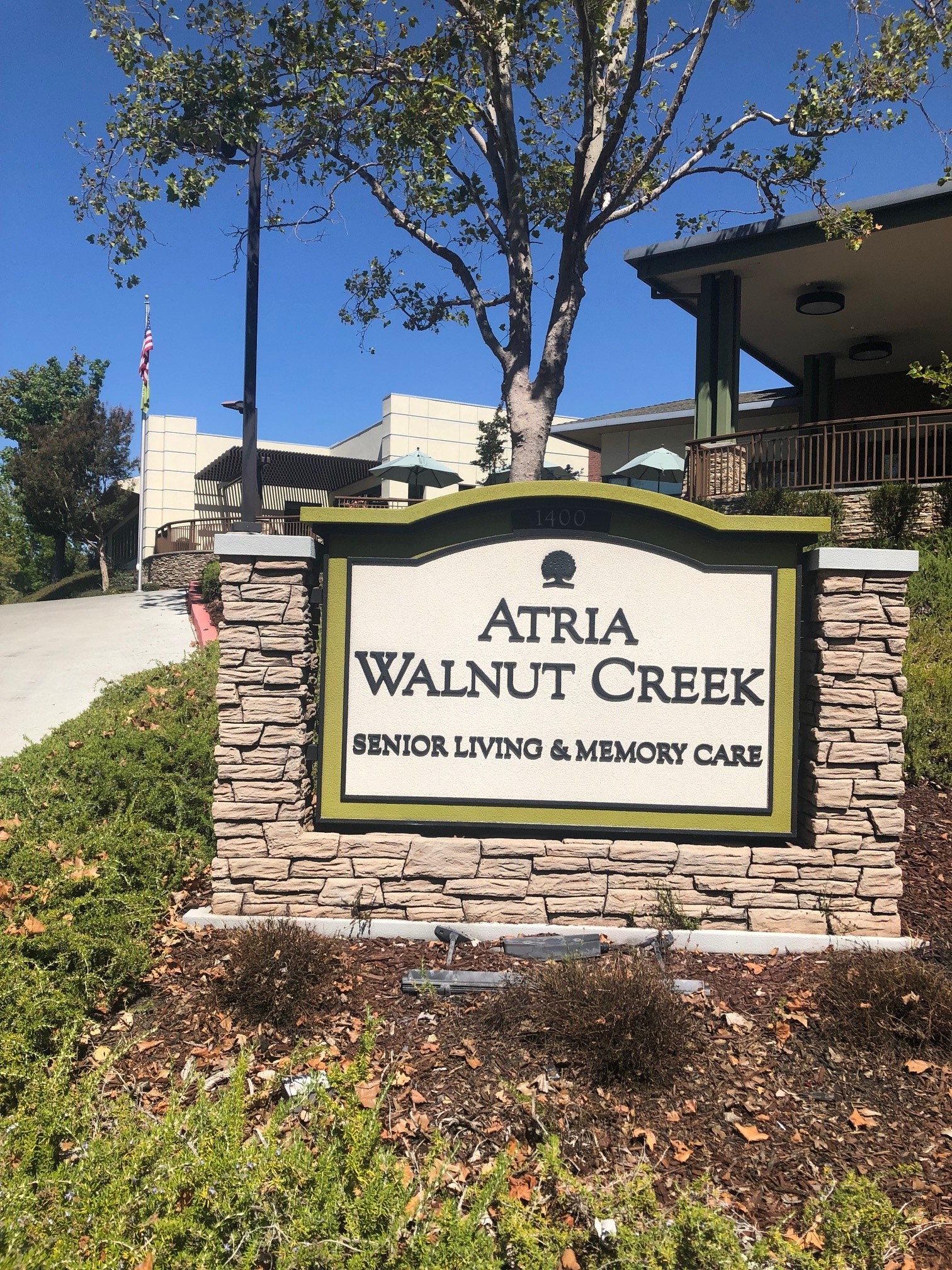The accidental poisoning deaths of two dementia residents in San Mateo, Calif. are sparking renewed concerns about California’s staffing requirements for assisted-living facilities that care for seniors.
For years, senior advocates and industry workers have warned the regulations are vague. And, as the Aug. 27 poisonings of three senior residents Atria Park of San Mateo now show, they are possibly dangerous.
“Unless we make a statement … through our lawsuit, nothing will change, and this will happen to other people. And, that, I don’t think would could live with ourselves,” said James Maxwell.
Maxwell’s mother, 93-year-old Trudy Maxwell, was one of the three residents to whom Atria Senior Living admits staff accidentally served caustic, industrial cleaning chemical mistaking it for fruit juice. She died two days after the poisoning.
Get a weekly recap of the latest San Francisco Bay Area housing news. Sign up for NBC Bay Area’s Housing Deconstructed newsletter.
The second resident, Peter Schroder Jr., died after Maxwell, and the status of the third Atria resident is unclear.
“One of the problems with the state is that they’re incredibly slow to react to anything,” said Niall McCarthy who filed the Maxwell family’s civil lawsuit on their behalf Thursday.
Inspectors with the California Department of Social Services visited Atria Park of San Mateo last month, but according to an Aug. 31 facility evaluation report, no citation has been issued yet. The state department is still investigating the poisoning.
“There is no reason that the state – who is funded with our taxpayer dollars – wouldn’t come and drop the hammer on this company and demand immediate policy changes today to make sure that we don’t have this story next week or next month,” McCarthy said.
Crista Nelson, the California Long-Term Care Ombudsman Association’s new president, says she is not confident the state will properly hold Atria Senior Living accountable because staffing regulations for assisted-living facilities are vague, unlike with nursing homes which have staffing ratios.
According to a state department spokesperson, assisted-living staffing regulations state, “Facility personnel shall at all times be sufficient in numbers…”
“’Sufficient’ for everyone in there is far too ambiguous. It allows the facilities that are for-profit organizations to run as a lean as possible,” said Nelson. “That’s good for business. That’s not good for healthcare.”
Gerontologist and former assisted-living facility owner David Hahklotubbe says the solution to this problem is staffing requirements for facilities based on the specific needs of residents, not just the sheer number of them. Although, that’s not even required at the moment.
“Oh, without a doubt. And we’re seeing examples just like this!” Hahklotubbe said. “What is it going to take? How many people have to die in situations where there’s clear understaffing?”
Hahklotubbe says there are challenges to this potential solution.
“A lot of us forget that the assisted-living world is still in the non-medical model whereas nursing homes are in the medical model. Therefore [for assisted-living], there are far less regulations and restrictions as to what a provider can do as far as their staffing plans go,” said Hahklotubbe. “This whole system is a failure system.”
The Investigative Unit reached out to the California Department of Social Services. The department did not respond to our questions about these specific concerns but said any changes would require new or amended legislation.
In a statement, Atria Senior Living said their residents are their top priority and they are working with authorities. They have not said whether systemic issues caused the mistake and declined to answer the Investigative Unit’s specific questions about the poisonings.
“If you can see and anticipate that a problem is going to happen, then you should be able to hold the facility accountable,” said Nelson. “And [the state] cannot the way the regulations are written at this time.”
Candice Nguyen is the investigative reporter who worked on this story. To reach out to her about this report or others, email candice.nguyen@nbcuni.com.




